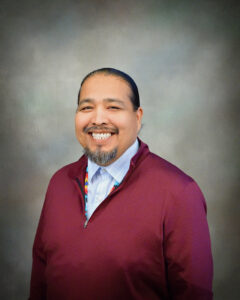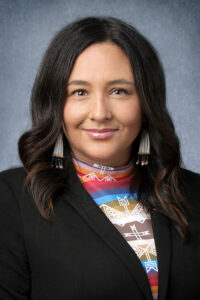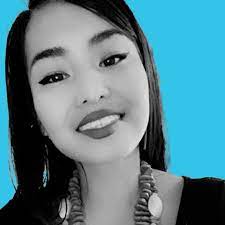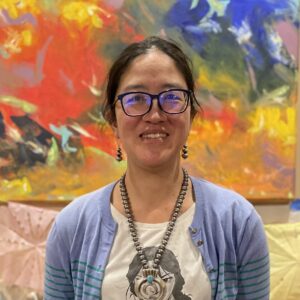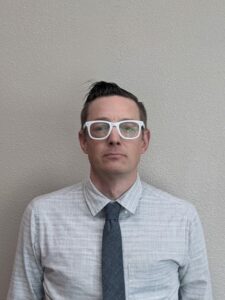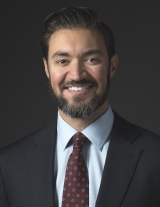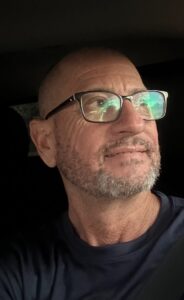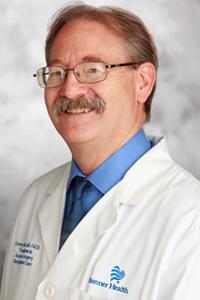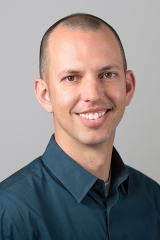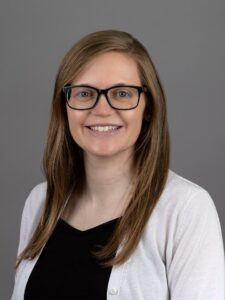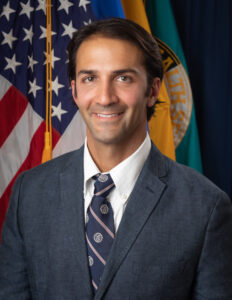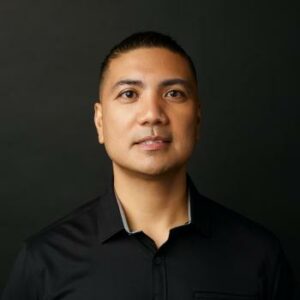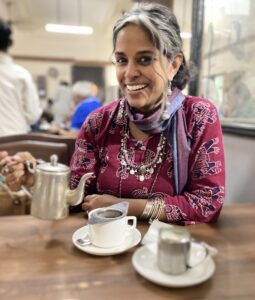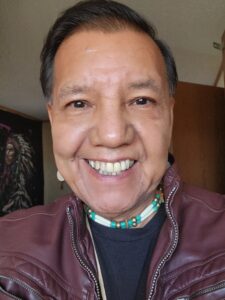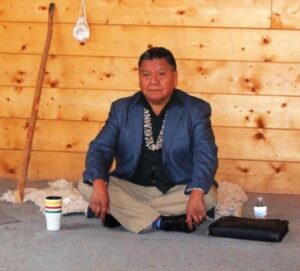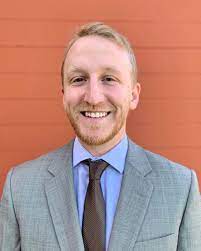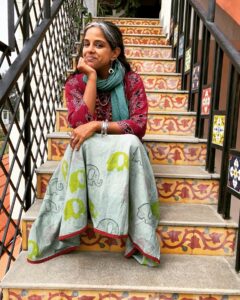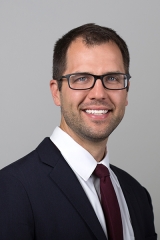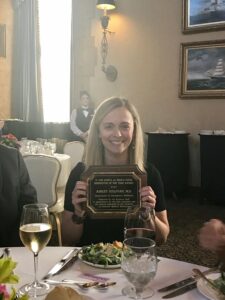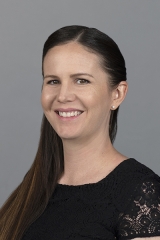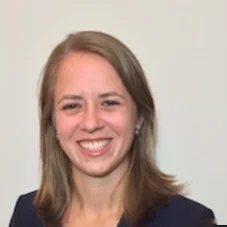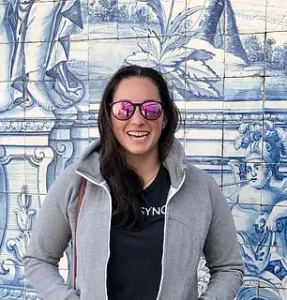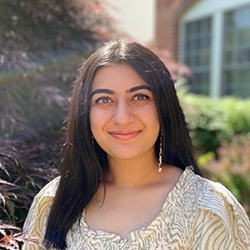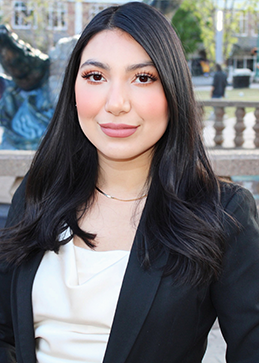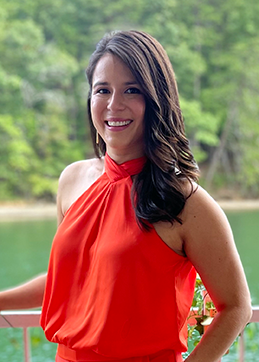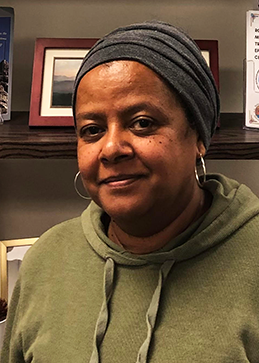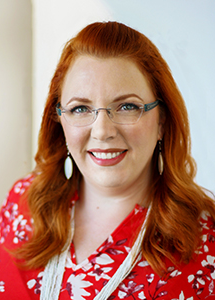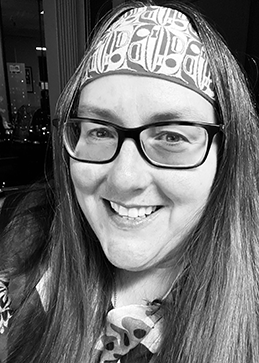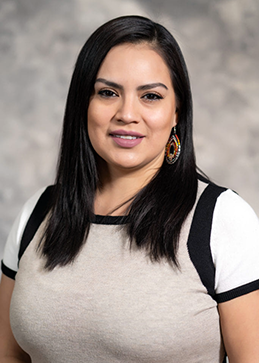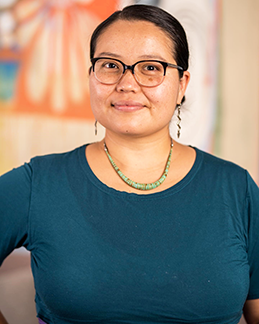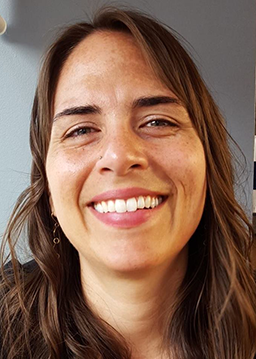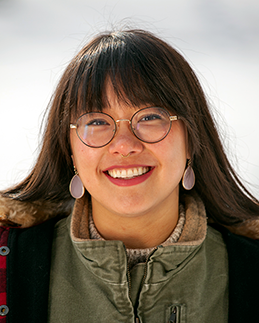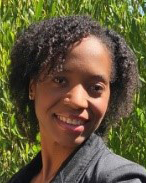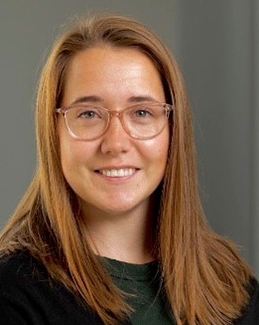A Holistic and Innovative Approach to Diabetes Care

Alyssa Fine was inspired to become a Certified Diabetes Care and Education Specialist when she saw how diabetes affects almost every aspect of a person’s life. As a seasoned registered nurse (RN), Alyssa recognized the complexities of diabetes and viewed this condition as one that requires attuned, holistic medical care. To build a comprehensive program, she and other clinicians at the Cowlitz Tribal Health Clinic worked to develop an integrated wellness- and community-based care model.
The Cowlitz Tribal Health Clinic is a primary care clinic that serves patients of all ages who are both Native and non-Native in a broad catchment area surrounding Longview, Washington. At the heart of the clinic are over 16 clinicians and support staff who provide medical and social services, as well as health education.
Alyssa is part of a team made up of physicians and nurses who manage care for patients with diabetes and other chronic conditions. Alyssa’s diabetes care team consists of a health education assistant, two garden staff, and a tobacco cessation specialist, who work together to host educational trainings on topics such as diabetic food preparation and managing diabetic foot and oral health.
Creating a Positive Feedback Loop Between Clinical and Community Care
When Alyssa began working full-time as the Wellness and Diabetes Program Coordinator at the Clinic, she merged together two previously separate roles: community wellness programming and clinical diabetes care. Merging these roles allowed Allyssa and her team to create synergy between clinical and community-based care.
Not long after Alyssa began serving in her role, she realized that many of the patients with diabetes she was providing clinical care for did not have access to recommended fresh fruits and vegetables. Under Alyssa’s direction, the Clinic applied for a number of grants through several agencies, including the Greater Health Foundation, the Community Foundation of Southwestern Washington, and the Northwest Portland Area Indian Health Board. She also managed the tribe’s Special Diabetes Program for Indians (SDPI) grant which funds several community-based wellness initiatives, including the Community Wellness Garden.

Growing the Community Wellness Garden
In 2018 the Community Wellness Garden officially opened. The garden consists of raised beds and two large inground gardens. Alyssa explained “patients with diabetes who were identified as food insecure were referred to the garden by clinicians. Also, patients were able to sign up for food distribution through a Survey Monkey survey. This year is our third growing season, and last year the diabetes team distributed food from the garden to about 320 people in about 100 households. The garden is really having a big impact!”
The Community Wellness Garden has acted as a hub for broader community and cultural activities. For example, Alyssa and her team facilitated an educational class on how to can produce. She remarked on how this class worked well virtually during the COVID-19 pandemic. To make these classes successful virtually, Alyssa and her team sent canning materials to those interested in participating in the class prior to the virtual instruction.
In addition, Alyssa has used the garden to help promote a general interest and love for gardening in the community. “This week we are handing out doorstep gardens. For these we provide people with soil, plant starts, and seeds to start their own garden at home. We have a lot of interest in this.”
Alyssa and her team helped grow the success of the Doorstep Garden Project from 80 participants last year to 200 participants this year. In addition, Alyssa and the team partnered with the extension service in Clark County at Washington State University to provide community members with garden space so that they could grow their own food and get involved with gardening, even if they didn’t have space at home.
Alyssa noted that she makes sure to keep clinic staff in the loop about the happenings at the garden, so that they can refer patients who identify as food insecure. She also promotes garden activities through email blasts, social media, and through the tribal newspaper and website.

Engaging the Younger Generations and Giving Back to Elders and Ancestors through the Community Wellness Garden
Sustainability, community participation, and promotion of traditional foods and gardening practices are all top priorities for Alyssa and her team. To better understand the community’s needs, they created a Food Sovereignty Assessment, which is now in its final draft and will explore the community’s relationship with and access to food and medicines, both traditional and otherwise.
In addition, Alyssa and her team, in partnership with the Culture and Natural Resources Departments, have used the garden as a place to grow native Camas- a plant with significant cultural meaning for tribal members as a source of food and medicine. After the Camas is grown in the Community Wellness Garden, Alyssa and her team, in collaboration with community members, plan to transplant the Camas onto tribal lands to help reestablish the native plant.
To promote intergenerational knowledge and engage the next generation in gardening, Alyssa and her team created a 12-week Summer Youth Internship. The internship is provided to 7 tribal youth per year, who participate in garden activities, as well as educational programing on topics such as gardening, gathering traditional foods, and food sovereignty. The youth learn how to build raised bed gardens, grow produce, and harvest at home through virtual classes. Alyssa remarked that she hoped that the youth could, COVID-19 permitting, eventually take a field trip to learn to gather berries together in the traditional way.
Promoting a wide range of other cultural activities have also been a focus of the garden. Prior to COVID-19, the Community Wellness Garden team hosted a “Culture Day,” and participants were invited to take a field trip to a local fish hatchery that partners with the Cowlitz Fish Distribution Program. There participants learned how to filet fish. Alyssa noted that while many of the hands-on programs have had to be put on hold during COVID-19, the team found new and creative ways to engage the community: “Our Garden Assistant made a really cool calendar for the year that combines gardening and Cowlitz traditional foods. So each month it teaches the reader when to plant and what to harvest and gather. So that’s been a great resource to send out to people to keep traditional, healthy foods at the forefront.”

Creating a Clinical Community through Indian Country ECHO
Alyssa named Indian Country ECHO as an essential partner that helped the Cowlitz diabetes team provide innovative and holistic care both pre-COVID-19 and during the pandemic. “It always felt like they had my back. It was like I had a huge team even though I didn’t have a large team,” Alyssa explained when describing her experience working with Indian Country ECHO and the Northwest Portland Indian Area Health Board. “Every time I attend an ECHO clinic I’m blown away by the knowledge and expertise of participants and faculty, and I always learn something to take back to my patients and other clinical staff,” Alyssa stated. That is really powerful.”
To enhance your ability to screen, treat and manage patients with diabetes, join one of several diabetes virtual clinics. Here you will participate in didactic and case presentations, receive recommendations from peers and a multidisciplinary team of specialists, and join a learning community of dedicated I/T/U providers committed to growing clinical capacity so that every patient across Indian Country receives the care they deserve. To learn about Cowlitz’s innovate use of technology to monitor patients’ blood sugars during the COVID-19 pandemic, check out this article.
